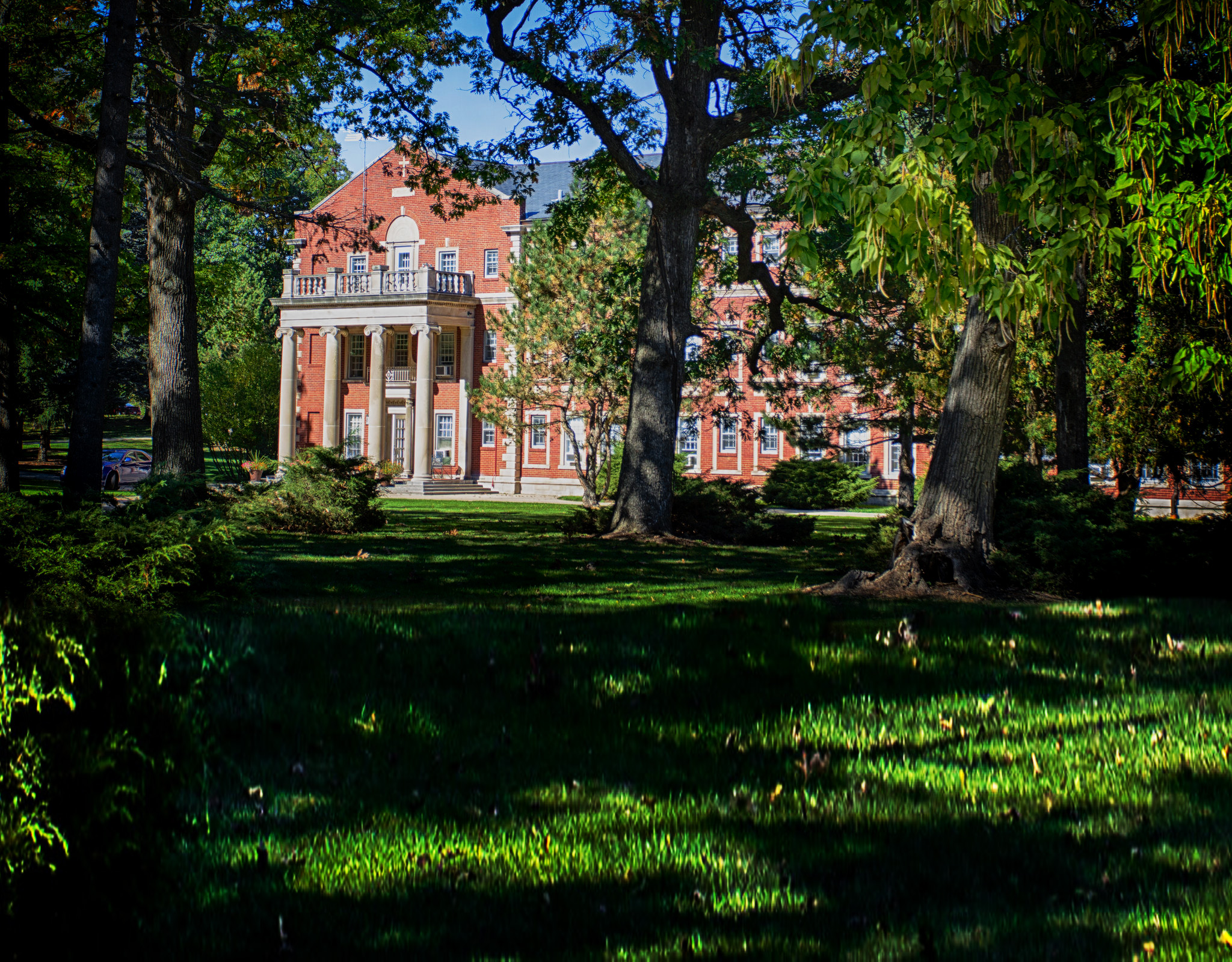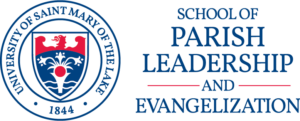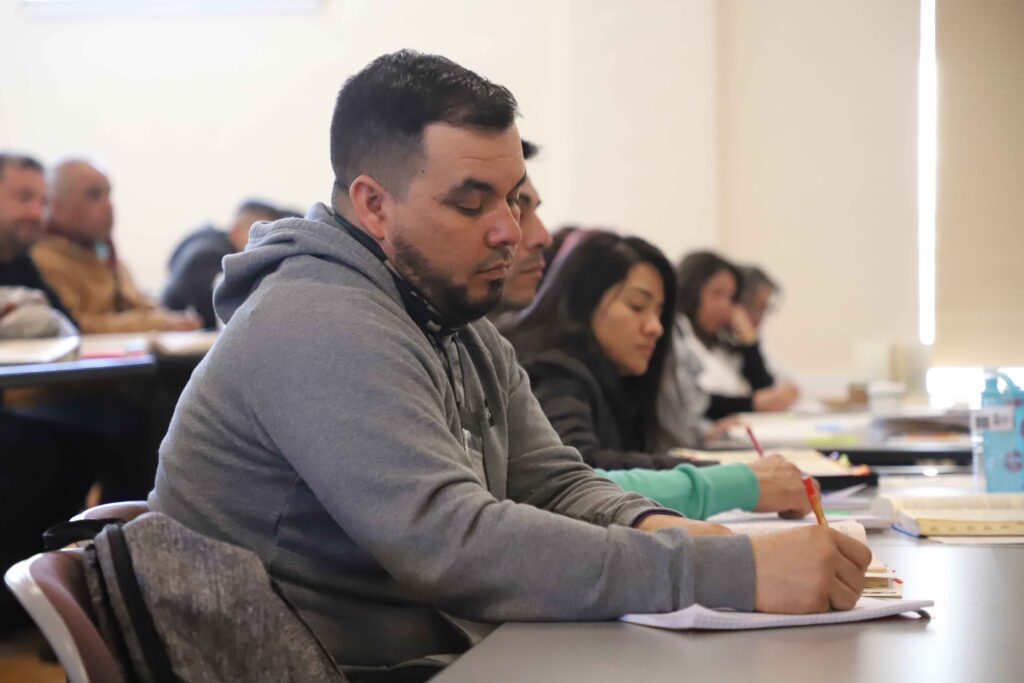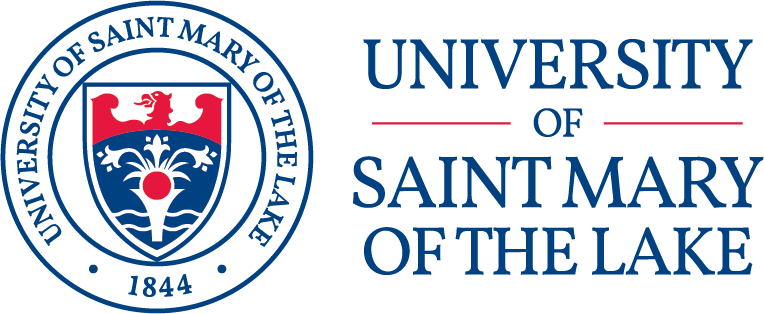
[language-switcher]

Master of Arts in Pastoral Studies (MAPS)
The Master of Arts in Pastoral Studies (MAPS) program at the University of Saint Mary of the Lake (USML) includes a range of classes explicitly oriented to applying theological knowledge in ministry. The program also includes a practicum and pastoral project as part of its requirements.
The MAPS equips you with the knowledge and skills to become a dynamic leader in your parish or community. It is a transformative journey that nurtures your personal and spiritual growth.
This degree provides a solid foundation in pastoral research methods and Catholic theology. You will gain the ability to evangelize and catechize your community, interpret Scripture with historical accuracy, understand sacramental and theological perspectives, and respond to ethical questions with a firm grounding in Catholic moral tradition.
Deacons who have completed the Deacon Formation Program are invited to enroll in the USML MAPS degree program. These Deacons are granted significant advanced standing and a tuition credit.
Who Benefits from the MAPS Program?
- Those working as a Religious Educator/Catechist
- Those preparing for a career in Evangelization
- Those looking to grow in knowledge and skills
- Deacons and pastoral ministers
Complement existing skills and open doors to fulfilling careers in:
- High school religious education
- Pastoral associate
- Hospital, military, or corporate chaplaincy
- Missionary work
- Parish Ministry

Course Work
With 42 credit hours, you will delve into human formation, integrating insights from the social sciences and spiritual disciplines. This unique experience will equip you with knowledge and inspire and motivate you within a supportive community.
This program is renowned for its activity-based learning. You’ll acquire practical skills through courses like pastoral care, where you’ll learn to accompany individuals through times of crisis.
The capstone project involves real-world scenarios, empowering you to apply your knowledge in a parish setting. This hands-on approach will make you feel confident and capable in future roles.
USML MAPS Course of Study
Prerequisites
- Bachelor’s degree in any field and a 3.0 GPA for admission
- Capacity to read and write at the graduate level
- Willingness to grow in knowledge and skills for ministry
